Why choose this provider?
Go Sober offers an alcohol treatment program to individuals in the Tulsa metro and the neighboring communities. Its outpatient treatment program focuses on both medical and lifestyle components of alcoholism. It also integrates counseling, life coaching, nutritional education, physical training, and stress management in its program. As part of Go Sober's treatment procedure, patients work with medical professionals and care coordinators to develop and finalize a personal plan designed to help them overcome their challenges.


